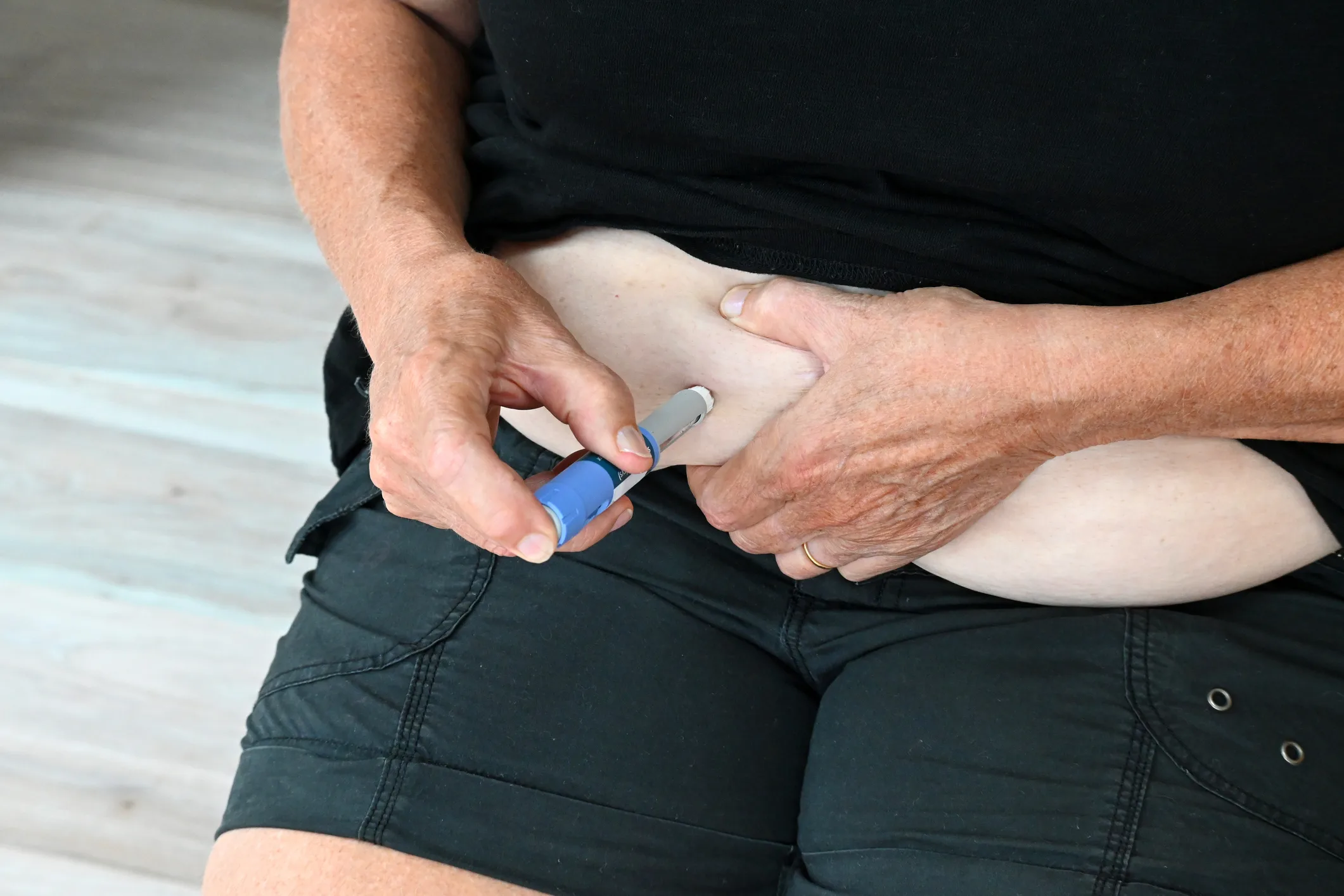Ever felt like your body’s a mystery waiting to be solved? It’s a question many of us in our 50s and 60s ponder. As we get older, we’ve learned a lot about our health, but some things still feel like a roll of the dice. What if there was a way to peek behind the curtain and get a sneak peek at a potential health issue before it becomes a problem?
The New Blood Test on the Block
Imagine this: a simple blood test that could detect a cancer signal from more than 50 different types of cancer. It sounds like something from a sci-fi movie, but it’s quickly becoming a reality. The Galleri test, and others like it, are part of a new class of multi-cancer early detection (MCED) blood tests. These tests work by looking for tiny bits of DNA shed by cancer cells that are circulating in your bloodstream.
One of the most compelling stories is that of Jack Welter. Feeling perfectly fine and approaching 60, he decided to take the test. The results were a shock: positive for cancer. After follow-up tests, doctors found a small cancer in his throat. Thanks to this early detection, he was able to get treatment and is now cancer-free. As he says, “Early detection is the key to success.”
What You Need to Know
- How It Works: The test can identify a shared DNA signal from over 50 types of cancer. Not only that, it can also give you a clue about where in the body the cancer might be located.
- Not a Diagnosis: A positive test result doesn’t mean you have cancer. Think of it as a smoke detector, not a fire alarm. It simply means more investigation is needed. According to the company, about 43% of positive results are confirmed to be cancer.
- It Doesn’t Replace Other Screenings: This test is an add-on to your regular health routine, not a replacement. You still need your mammograms, colonoscopies, and other standard screenings.
- Who Is It For? The test is recommended for those at higher risk, including anyone age 50 and older.
- The Cost: Currently, these tests aren’t covered by most insurance plans, and the out-of-pocket cost can be high (around $749 for the Galleri test). This is one of the main reasons some healthcare providers are hesitant to offer it widely.
The Great Debate: To Test or Not to Test?
While a simple blood test for early cancer detection sounds amazing, some experts have reservations. Some feel that the technology isn’t quite “ready for prime time” and that the high cost might create healthcare disparities. Others worry that a negative result could give people a false sense of security, causing them to skip other important screenings.
However, many doctors and patients believe the potential benefits outweigh the risks. As one patient, Peter Crowell, 65, said, “It’s just something I think I’d rather be proactive about.”
The choice is a personal one. While this test isn’t a magic bullet, it offers a new tool in the fight against cancer. It’s an exciting development that puts the power of early detection right in our hands—and in our bloodstream.
Source:











